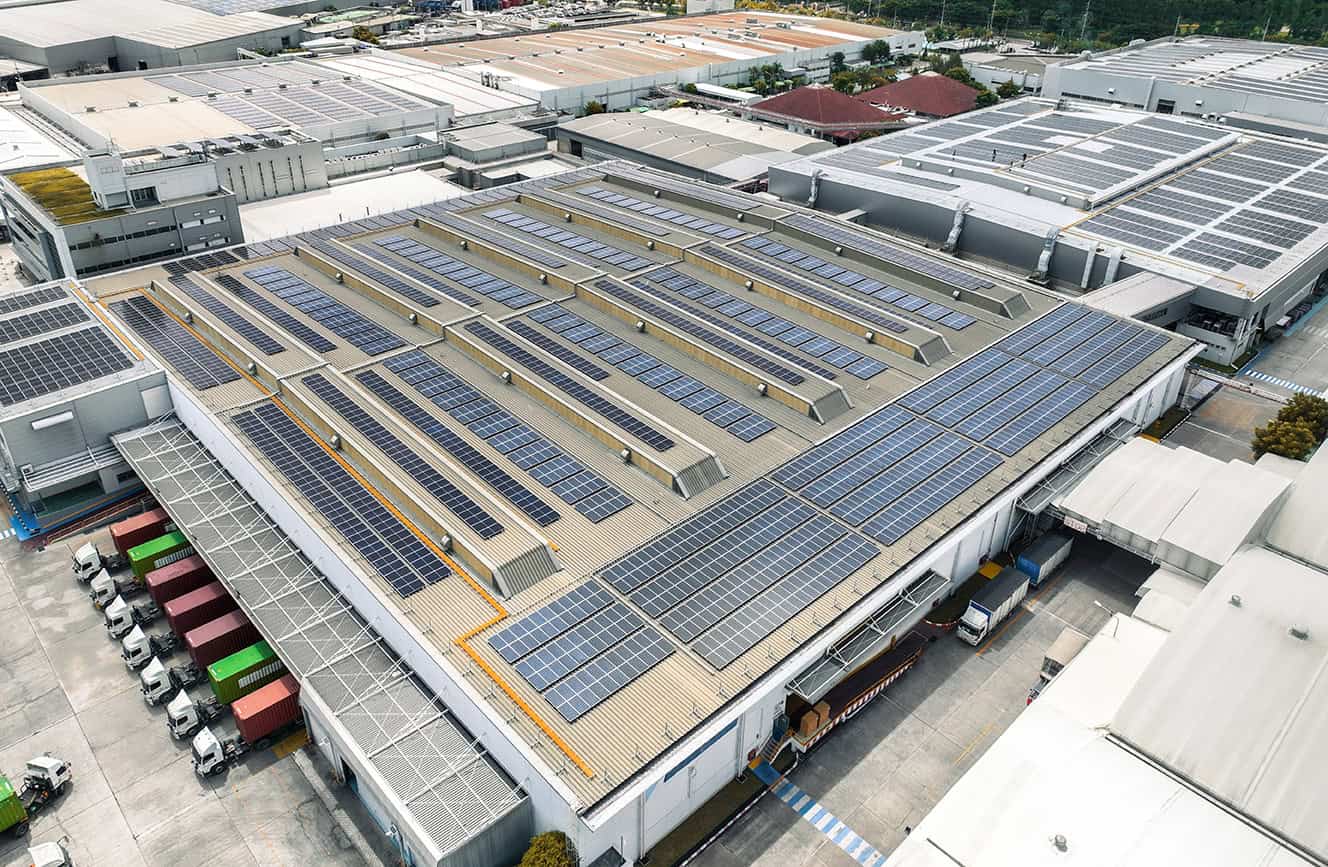
When I wrote about the global trade trends taking shape at the beginning of the year, I couldn’t have anticipated the extent and impact of how the trade compliance landscape would unfold. A lot has happened in the past six months, with cross-border trade dynamics significantly influenced by a complex interplay of reciprocal sanctions, the ongoing US-China trade war, stringent enforcement against forced labor, and evolving environmental regulations.
The global sanctions landscape has witnessed significant developments in the last 6-9 months since my original blog last fall. The last few rounds of EU sanctions have focused on limiting Russia’s access to military technologies (“dual-use”) and the circumvention of trade controls via third countries (“re-export”) by banning trade with businesses in countries such as China, India, and Turkey. However, more recent sanctions have been in response to the human rights situations, particularly over the death of Russian opposition leader Alexei Navalny. The US announced more than 500 new sanctions against Russia to mark the second anniversary of the invasion of Ukraine in early March 2024. More recent sanctions by the US and EU have additionally focused on addressing Iran’s circumvention of sanctions to fund Hamas and other terrorist organizations in the Middle East.
Meanwhile, the US-China trade relationship remains tense. Recent actions by President Biden indicate an escalation in tariffs on Chinese imports to the US aimed at countering China’s unfair trade practices and protecting American industries. This move underscores the broader geopolitical strategy of using trade policies as instruments of national security and economic leverage. While the effective date for these new tariffs hasn’t been announced, the impact will be felt deeply in many industries, especially the manufacturing, aerospace, and hi-tech sectors, considering China’s likely retaliatory measures. Navigating the tariff increase for numerous product codes may pose enormous challenges for companies, given several changes and a significant percentage increase in tariffs.
Forced labor enforcement has also seen significant developments recently, particularly with the Uyghur Forced Labor Prevention Act (UFLPA) in the US, Bill S-21 in Canada, and the Corporate Sustainability Reporting Directive (CSRD) in the EU, which increased the scrutiny and detainment of shipments suspected of containing goods made with forced labor. This has had repercussions for companies with global supply chains, as seen in the automotive industry, where major manufacturers have faced investigations of importing vehicles with parts from sanctioned Chinese suppliers. The enforcement of such legislation highlights the growing importance of ethical labor practices in international trade and the potential risks for businesses that fail to comply with human rights standards.
ESG regulations have also evolved, with the Securities and Exchange Commission (SEC) adopting new rules to enhance and standardize climate-related disclosures by public companies. These regulations are part of a global trend towards greater transparency and accountability in corporate sustainability efforts, reflecting the increasing demand from investors and consumers for responsible business practices.
The EU’s Corporate Sustainability Reporting Directive (CSRD) is another significant development toward a more sustainable and transparent future. Companies subject to the CSRD will have to report per the European Sustainability Reporting Standards (ESRS) for the first time in the 2024 financial year, and this is expected to impact 50,000 companies in the EU, according to KPMG. Organizations must get ready to embrace the evolving landscape of ESG reporting, recognizing the interconnectedness of financial and sustainability data.
How are businesses responding to changes in trade compliance and ESG regulations?
Companies are adopting various strategies in response to the evolving landscape of cross-border trade. Many businesses are focusing on enhancing their compliance programs, mainly due to the increased enforcement of U.S. trade sanctions and export controls. Companies are also staying abreast of geopolitical shifts and regularly updating their knowledge of trade sanctions to avoid compliance issues, understanding the intricacies of supply chains, and screening all partners for denied parties and forced labor.
To navigate the brewing trade policy storms, firms are reassessing their supply chain dependencies and exploring diversification to mitigate risks associated with tariffs and other trade barriers. This includes seeking alternative materials and manufacturing sources and investing in technology to enhance supply chain visibility and resilience. In addition, companies are developing strategies to align with ESG regulations that require comprehensive reporting on climate impact and other sustainability metrics. This involves integrating ESG considerations into business models, setting credible targets, and implementing improved risk management processes.
Moreover, businesses are leveraging AI-enabled compliance tools to minimize errors and optimize time for corrective actions, ensuring they can quickly identify risks and bad actors from current or potential sanctions. Technology adoption is also evident in managing ESG data, where companies use advanced software to collect, manage, and report on sustainability metrics, thus meeting investor and regulatory expectations for transparency and accountability. However, companies with vast supply networks need help to identify and map every sub-tier supply partner and the components or processes that contribute to the bills of materials of finished products, thus leaving them vulnerable to unknowable risks in their supply chain. Companies have started to look at connected supply chain platforms that enable them to collect multi-tier supplier information and map the entire global supply network. This type of technology will allow them to identify bad actors, enact supply redistribution as necessary, and gain greater control and visibility over their supply chain.
Navigate global trade challenges with confidence
In summary, recent developments in cross-border trade emphasize the importance of companies adapting and navigating the challenges ahead by strengthening trade compliance frameworks, diversifying supply chains, embracing technology, and integrating ESG principles into their core strategies. These actions will ensure compliance with current regulations, maintain a competitive edge, and position businesses for long-term sustainability and success in a global market that increasingly values ethical and responsible practices.
Please contact us to discover the latest innovations within e2open’s Connect Supply Chain platform, including the Supply Network Discovery application and an AI-enabled Global Trade Management solution. These tools will empower you to conduct cross-border trade confidently and efficiently in the new world order by streamlining and automating your sourcing and trade compliance processes.
Subscribe to our weekly Global Trade Newsletter to stay updated with the latest regulatory changes, trade-related news, and other valuable information delivered directly to your email.
Watch our LinkedIn Live event recording for insights on mitigating forced labor risks in your supply chains.





